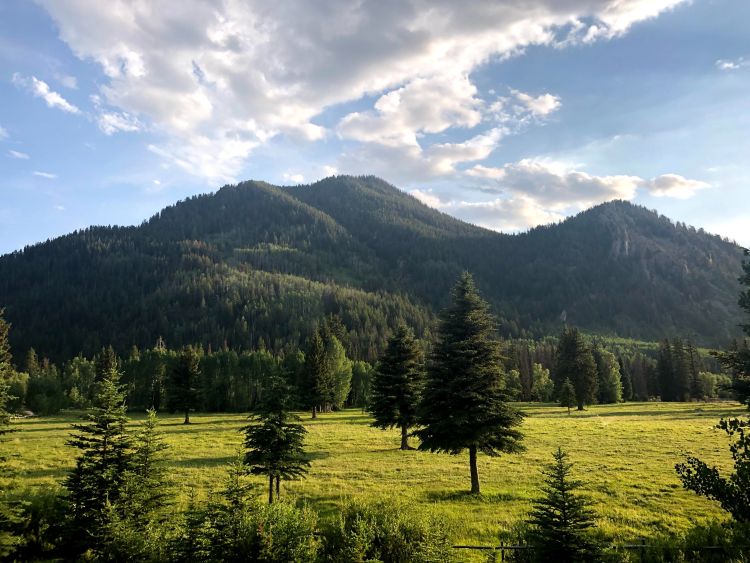Each Friday, I’ll post links to 3–5 resources from around the web you may want to check out.
The Ministry of Being a Little Bit Further Along
I appreciate this article from Tim Challies. He writes about one way ordinary Christians can minister to each other in a local church—they can offer the wisdom that comes from experience.
What most people need and long for as they face trials and encounter questions is simply the dedicated attention of someone who is a little bit further along, the listening ear and gentle voice of someone who is a few steps ahead on the path of life, or the path of ministry, or the path of suffering, or the path of parenting. Most are merely seeking someone who will informally mentor them from the perspective of their own successes and failures, their own experiences of good and bad, the godly wisdom they have accumulated along the way.
5 Reasons to Read Your Bible Beyond Practical Application
Applying the Bible is good, even essential! But, Peter Krol reminds us, immediate application is not the only reason to read the Bible.
A regular habit of Bible reading is worth maintaining, even when no urgent or timely application comes readily to mind, because you are depositing divine truth in the storehouses of your soul from which you can later make withdrawals. “I have stored up your word in my heart, that I might not sin against you” (Ps 119:11). “My son, keep your father’s commandments … bind them on your heart always … When you walk, they will lead you … For the commandment is a lamp … to preserve you from the evil woman, from the the smooth tongue of the adulteress” (Prov 6:20-24).
“Even To Old Age and Gray Hairs”
William Farley draws out some good challenges and opportunities that come with being a Christian grandparent.
Third, besides passion for Christ, humility, and wisdom, grandparenting is an opportunity to exemplify hope. Life is short. Decades of experience have taught you this in ways that your children and grandchildren do not yet understand. They need to see you, not living in the past, but looking to a “building from God, not made with hands, eternal in the heavens” (2 Corinthians 5:1). Our decades of past experience will tempt us to live there, but God wants us to live in the future. “Forgetting what lies behind and straining forward to what lies ahead, I press on toward the goal for the prize of the upward call of God in Christ Jesus” (Philippians 3:13–14).
On the WPCA Blog This Week
Two weeks on the blog we published an article written by Sarah Wisniewski called A Man Under Authority. If you haven’t already seen it, check it out!
Note: Washington Presbyterian Church and the editors of this blog do not necessarily endorse all content produced by the individuals or groups referenced here.




